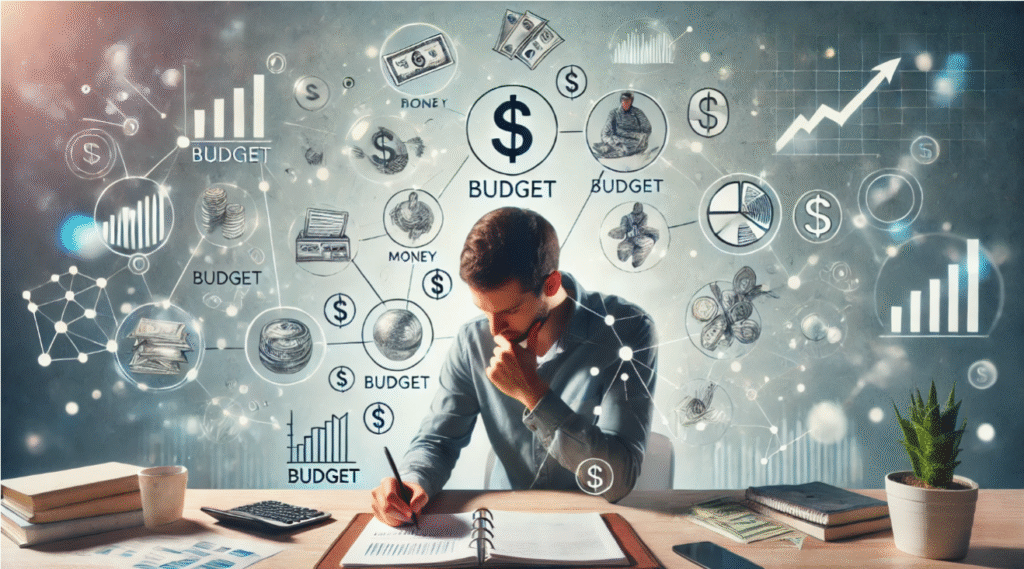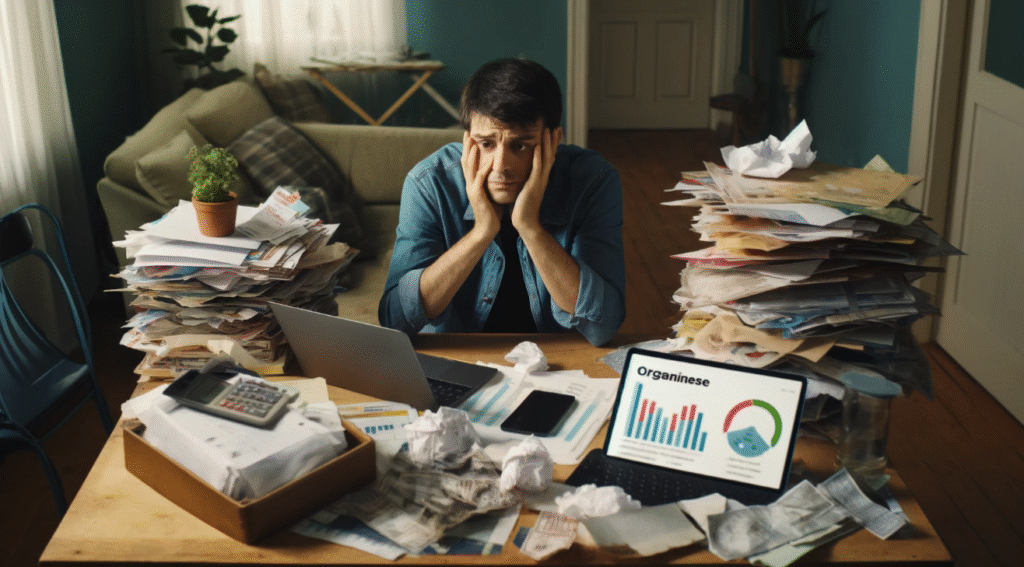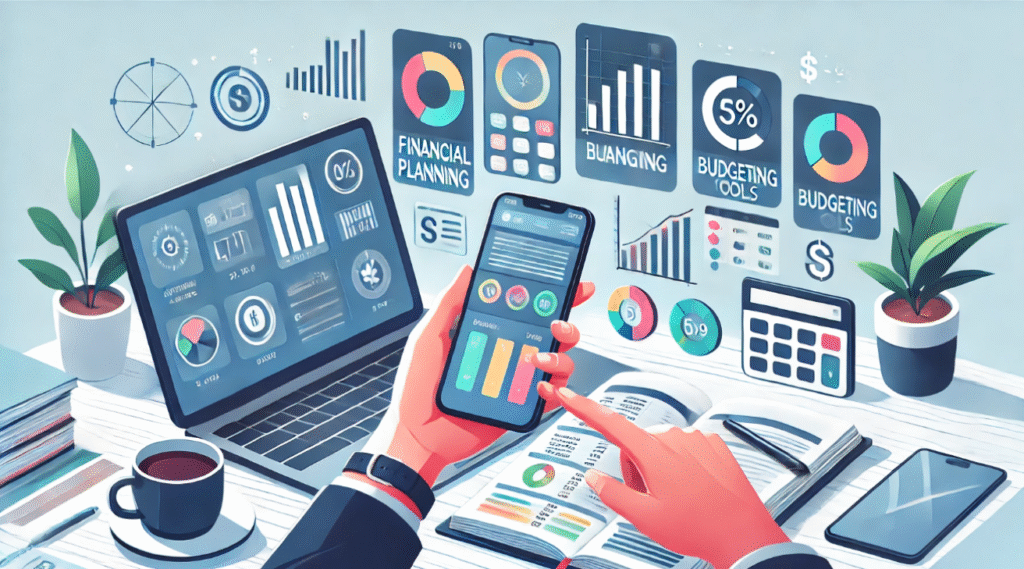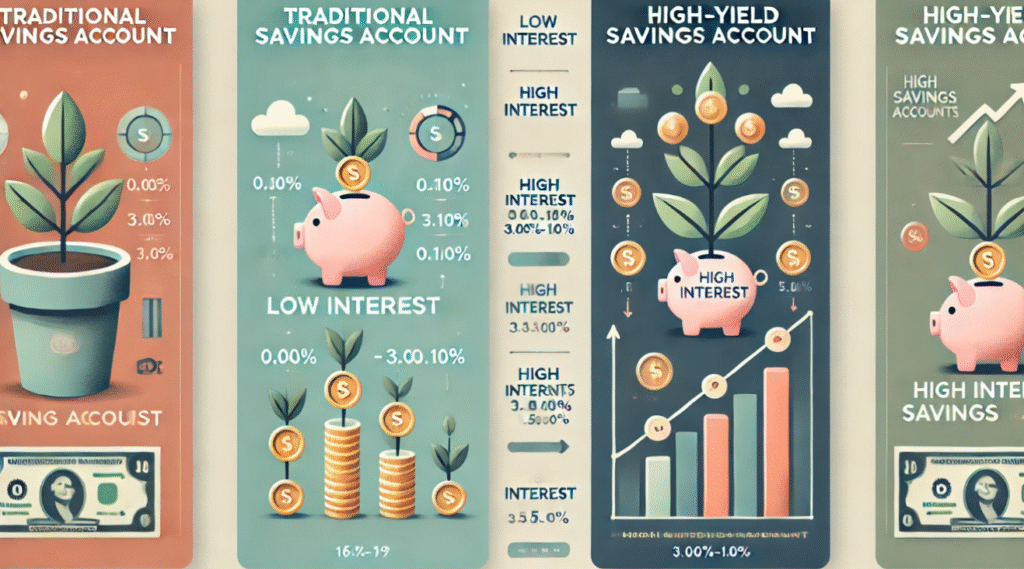
Saving money and building wealth are essential for long-term financial stability. By adopting simple frugal habits, such as budgeting, tracking expenses, and prioritizing savings, individuals can gradually build a solid financial foundation. Small, actionable changes can lead to significant results over time, ultimately helping to achieve financial goals and secure a comfortable future.
What Are Frugal Habits and Why Do They Matter?
Frugal habits refer to the practice of being mindful and intentional with spending, often focusing on minimizing expenses and maximizing savings. These habits play a crucial role in financial planning as they help individuals and families to live within their means, build up savings, and work towards achieving long-term financial goals. It’s important to note that frugality is not about deprivation or living a minimalist lifestyle. Instead, it’s about making smart and conscious decisions about how money is spent. This can include things like budgeting, finding ways to reduce expenses, and prioritizing needs over wants. Small changes in spending habits can add up significantly over time.
The Benefits of Frugal Habits
By reducing financial stress and gaining more control over your money, you can improve your overall financial well-being. This can provide you with the ability to build an emergency fund and prepare for unexpected expenses, giving you a sense of security and peace of mind. Additionally, having more control over your money can give you the freedom to invest in long-term goals, such as buying a home, starting a business, or retiring early. This can ultimately lead to a more stable and fulfilling financial future.

10 Simple Frugal Habits to Save Money and Build Wealth
Track Your Expenses Religiously
Tracking your expenses religiously is an important step in managing your finances effectively. By using tools or apps to monitor your spending, you can gain a clearer understanding of where your money is going. This can help you identify areas where money can be saved, such as conducting subscription audits to see if there are any unnecessary or unused services that can be canceled. By tracking your expenses consistently, you can make more informed decisions about your finances and work towards achieving your financial goals.

Set and Stick to a Budget
Creating a monthly budget is important because it allows you to track your income and expenses, and helps you to prioritize your spending. By understanding where your money is going each month, you can make informed decisions about how to allocate your funds and work towards your financial goals. Fixed expenses are regular, consistent costs such as rent or mortgage payments, while variable expenses can fluctuate each month, such as groceries or utility bills. Discretionary expenses are non-essential purchases, like dining out or entertainment. To stay consistent with your budget, it’s important to regularly track your spending, adjust your budget as needed, and find ways to save money on discretionary expenses. It’s also helpful to set specific financial goals and regularly review your progress.

Cook at Home More Often
When considering the cost of eating out versus cooking at home, it’s important to factor in the price of ingredients, the time and effort involved in preparing meals, and the overall health benefits. Eating out can be significantly more expensive than cooking at home, especially when you consider the markup on restaurant prices and additional costs like tips and taxes. By cooking at home, you have more control over your spending and can often prepare larger portions for less money. To save time and money, consider meal prepping. This involves preparing and portioning out your meals in advance, making it easier to stick to a budget and avoid the temptation of dining out.

Embrace the 30-Day Rule for Big Purchases
The 30-day rule is a strategy for avoiding impulse buying by waiting 30 days before making a big purchase. This allows you to take time to consider whether the purchase is truly necessary and to weigh the pros and cons before committing to it. For example, if you see a new TV that you’re tempted to buy, instead of purchasing it right away, you would wait 30 days. During that time, you might realize that you don’t actually need a new TV or that there are better deals available. This can save you from making a hasty decision and potentially overspending. Another example is if you’re considering buying a new car.

Buy in Bulk Wisely
Buying non-perishable items in bulk can save you money in the long run. You can take advantage of bulk discounts and reduce the number of trips to the store. It also helps to have a stockpile of essential items in case of emergencies or shortages. However, it’s important to be mindful of the expiration dates and potential waste. Only buy items in bulk that you know you will use before they expire to avoid any unnecessary waste.

Adopt a Minimalist Mindset
Sure! Adopting a minimalist mindset means prioritizing quality over quantity in all aspects of life. For example, in your wardrobe, you might choose to have a few high-quality, versatile pieces that can be mixed and matched, rather than a large collection of trendy, fast-fashion items. In your home, you might opt for simple, functional decor rather than filling every space with knick-knacks. Embracing a minimalist mindset can also mean simplifying your schedule and focusing on the most important activities and relationships, rather than trying to do everything at once. This approach can lead to less clutter, less stress, and a greater appreciation for the things that truly matter.

Use Public Transportation or Carpool
Public transportation or carpooling can have several financial and environmental advantages. By reducing the use of individual cars, you can save money on gas, parking, and maintenance costs. Additionally, fewer cars on the road can help reduce air pollution and greenhouse gas emissions, contributing to a healthier environment. To make this habit work in different lifestyles, consider the following tips: – Research and plan your public transportation route in advance to ensure it fits your schedule and needs. – Join a carpooling program or organize a carpool with coworkers, friends, or neighbors to share the costs and reduce the number of cars on the road. – Consider investing in a transit pass or carpooling app to make the process more convenient and cost-effective.

Shop with a List (and Stick to It)
When it comes to DIY, there are so many opportunities to save money and feel a sense of accomplishment. From home repairs like fixing a leaky faucet or patching up drywall, to creating personalized gifts or homemade decorations, the possibilities are endless. By taking on these projects yourself, you can save money on labor costs and materials, and also develop new skills in the process. Plus, there’s nothing quite like the satisfaction of completing a project with your own two hands. So, whenever possible, consider tackling DIY projects to save money and experience that great feeling of accomplishment.
DIY Whenever Possible
DIY, or do-it-yourself, projects can be a great way to save money and feel a sense of accomplishment. Common DIY opportunities include home repairs, such as fixing a leaky faucet or painting a room, as well as creating homemade gifts and decorations. By tackling these projects yourself, you can save on labor costs and customize the result to your liking. Plus, there’s a great feeling of satisfaction that comes from completing a DIY project and seeing the results of your hard work. So, whenever possible, consider DIY as a way to save money and add a personal touch to your home and gifts.

Automate Your Savings
There are several financial and environmental advantages to reducing car usage. Firstly, reducing car usage can save money on fuel, maintenance, and parking costs. It can also lower insurance premiums and decrease the need for expensive car repairs. Additionally, using alternative modes of transportation such as walking, biking, or public transit can be more cost-effective in the long run. From an environmental standpoint, reducing car usage can help decrease air pollution and greenhouse gas emissions. This can lead to improvements in air quality and contribute to mitigating climate change. By using alternative transportation methods, individuals can help reduce their carbon footprint and contribute to a healthier environment for future generations.

How to Stay Motivated and Consistent
Celebrating small wins is important for staying encouraged and motivated. It’s a great way to acknowledge your progress and keep yourself motivated to keep going. Finding a community or an accountability partner can also be incredibly helpful in providing support and motivation. And don’t forget to remind yourself of the long-term benefits of your efforts to help stay focused and motivated.
Transitioning from Saving to Building Wealth
Saving money can be a great way to start building an investment portfolio. By redirecting the money you save into investments, you can potentially grow your wealth over time. One simple strategy for beginners is to start with a low-cost index fund, which allows you to invest in a diversified portfolio of stocks or bonds without having to pick individual investments. Another option is to consider investing in a retirement account, such as a 401(k) or IRA, which can offer tax advantages and long-term growth potential. Additionally, you may want to explore the option of investing in individual stocks or real estate, depending on your risk tolerance and financial goals.
Conclusion
Making small changes in your financial habits can have a big impact over time. Whether it’s cutting back on unnecessary expenses, increasing your savings rate, or investing a little bit more each month, these small adjustments can add up to significant results in the long run. By taking the first step today, you can start on the path towards financial freedom and enjoy the journey as you watch your efforts pay off. It’s never too late to start making positive changes for your financial future.













